Taical, also known as filler masterbatch, is a familiar term in the plastics industry. In this article, we will explore the meaning behind the term "taical" and its significance in plastic manufacturing. From its origins to its modern applications, taical has become an indispensable component in many everyday plastic products and is widely favored in the industry today. Whether you are an industry expert or simply a consumer, this article will provide you with a comprehensive overview of the meaning and importance of taical in the modern world of plastics.
1. The Origin of the Term "taical" in the Plastics Industry
The term "taical" or "filler masterbatch" is derived from a combination of virgin plastic resin, calcium carbonate (CaCO3) powder, and various additives. This mixture is melted, cooled, and cut into small granules.
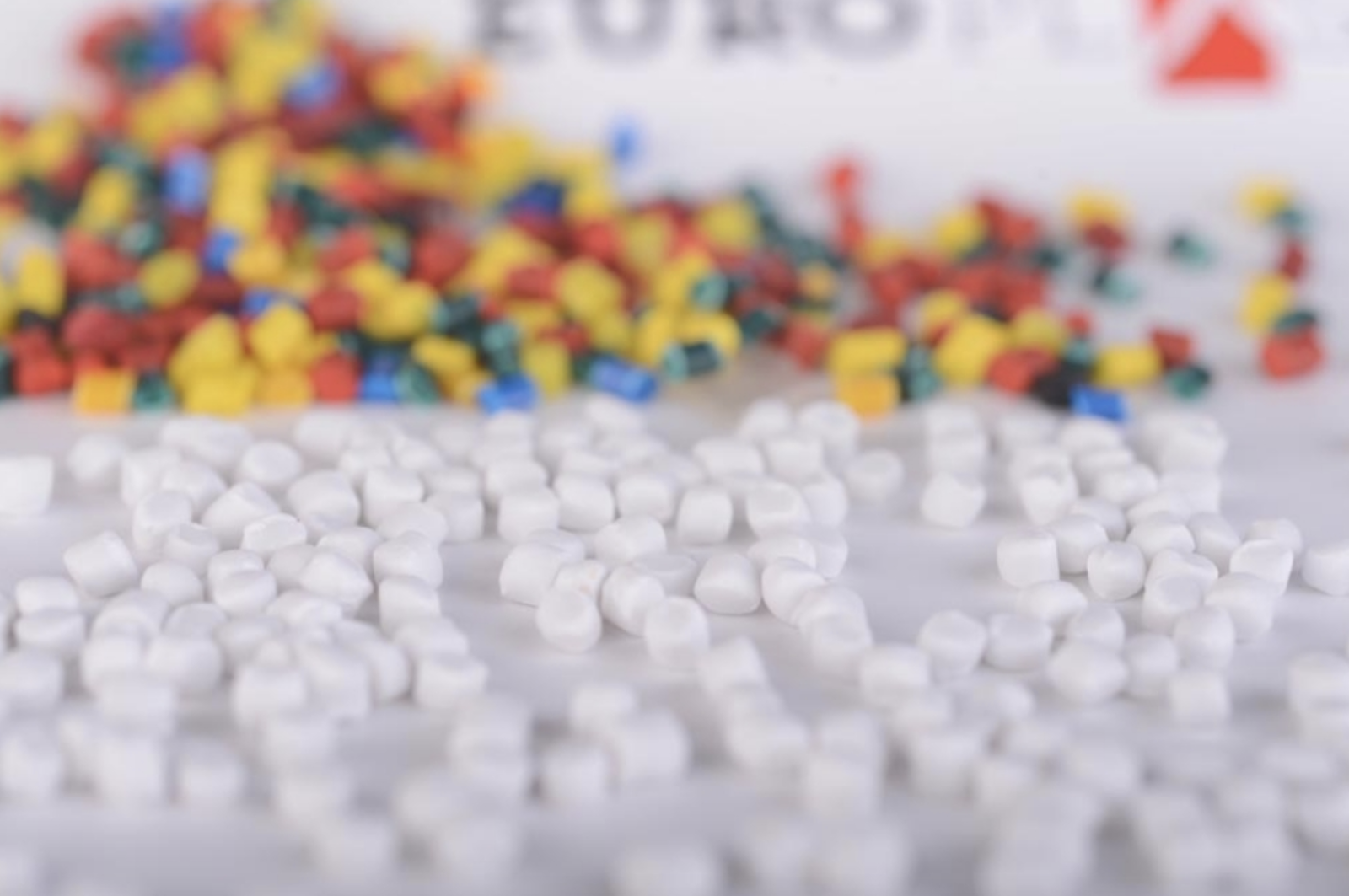
"Taical" is not a term found in English or any other common language dictionary. It is a specialized term used specifically in the plastics manufacturing industry. The name "taical" is derived from its outstanding advantages, as follows:
| Character |
Meaning |
| T |
Tensile strength |
| A |
Agglomeration-free
|
| I |
Improve whiteness
|
| C |
Cost-saving
|
| A |
According to any mixture ratio
|
| L |
Less shrinkage
|
As technology and materials science continue to develop, new variations of taical have emerged, each with its own specific properties and applications. Adding taical to the plastic processing process in appropriate proportions produces products that reduce production costs, increase physical and mechanical properties, improve hardness, durability, heat resistance, and other properties of the final plastic product. This makes taical extremely important in many industrial applications, from the production of automotive components to household goods and packaging. Notably, the primary raw material for producing taical is limestone, a common and abundant mineral in Vietnam.
See more: Compound CaCO3 – the best taical solution for plastic industry in Vietnam
2. Why is Taical Popular in Manufacturing?
Taical has become an indispensable component in many modern plastic manufacturing processes. This type of granule not only offers numerous technical benefits but also has significant economic and environmental advantages. Let's explore in more detail the reasons why taical is becoming increasingly popular in manufacturing:
2.1. Superior Properties
Taical has high hardness, excellent heat resistance, and abrasion resistance. These properties make taical an ideal choice for industries requiring high-strength materials such as automotive component manufacturing, industrial machinery, or electronic devices. When used as an additive, taical enhances the durability and lifespan of products, contributing to the quality of the final product.
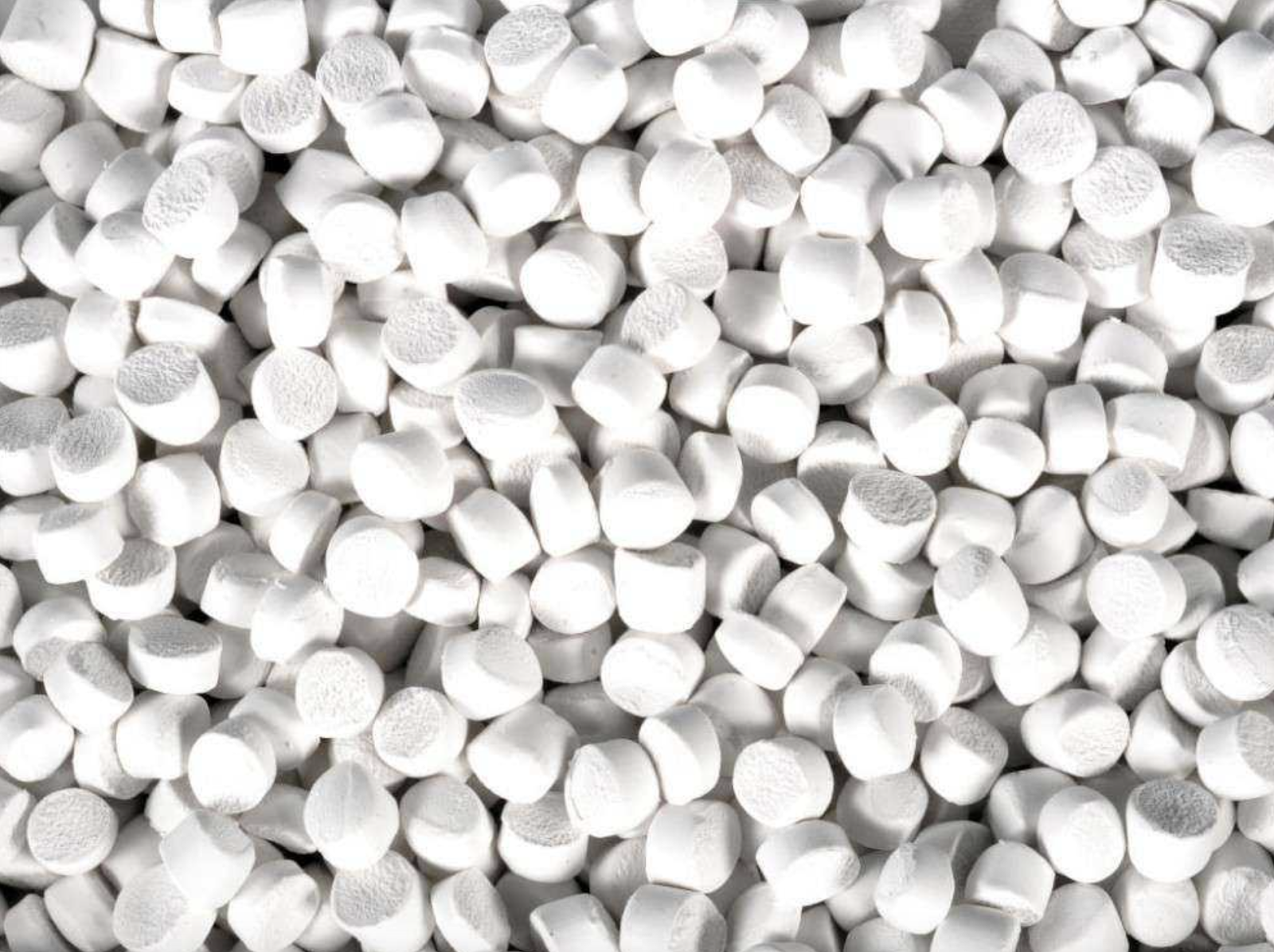
In addition, taical has excellent corrosion resistance and insulation properties. This makes taical useful in the production of paints, protective coatings, or insulating materials. Products containing taical often have better resistance to environmental factors such as moisture, chemicals, or high temperatures, thus extending their service life.
Another advantage of taical is its high compatibility with various other materials. It can be easily mixed with plastics, rubber, paints, and many other substrates without causing undesirable chemical reactions, leading to diverse applications in manufacturing, from everyday consumer products to complex industrial applications.
2.2. Environmental Protection
Taical is highly valued for its environmental friendliness as it is a natural, recyclable, and reusable material, aligning with the trend of green and sustainable production. Using taical contributes to minimizing negative environmental impacts and meets increasingly stringent environmental standards in industrial production.
2.3. Economic Benefits
Using taical in production offers significant economic benefits:
- Firstly, due to its high durability, products containing taical often have a longer lifespan, reducing replacement and maintenance costs in the long term;
- Secondly, taical is reasonably priced compared to many other additives, reducing production costs while maintaining product quality.
All these advantages have created a competitive advantage for businesses using taical in their production processes.
2.4. Optimization of the Production Process
Using taical in plastic production also helps optimize the production process. Taical can improve the rheology of molten plastic, facilitating extrusion and molding processes. This not only increases productivity but also reduces manufacturing defects, saving time and costs for manufacturers.
In summary, taical is preferred in production due to its unique combination of superior technical properties, economic benefits, and environmental friendliness. Its diverse applications and ability to improve product quality have made taical an indispensable material in many modern production processes. As businesses increasingly focus on improving product quality, optimizing costs, and reducing environmental impact, the role of taical is sure to be further enhanced in the future.
3. Applications of Taical in the Plastics Industry
Taical, a natural mineral, is increasingly being used in the plastics industry. With its superior properties, taical not only improves product quality but also brings many economic benefits to manufacturers.
3.1. Plastics Industry
In the plastics industry, taical plays an important role as a plastic filler. It improves the hardness, impact resistance, and heat resistance of plastic products. In particular, in the production of high-end engineering plastics, taical is an indispensable component to achieve special properties such as flame retardancy, sound insulation, or anti-static properties.
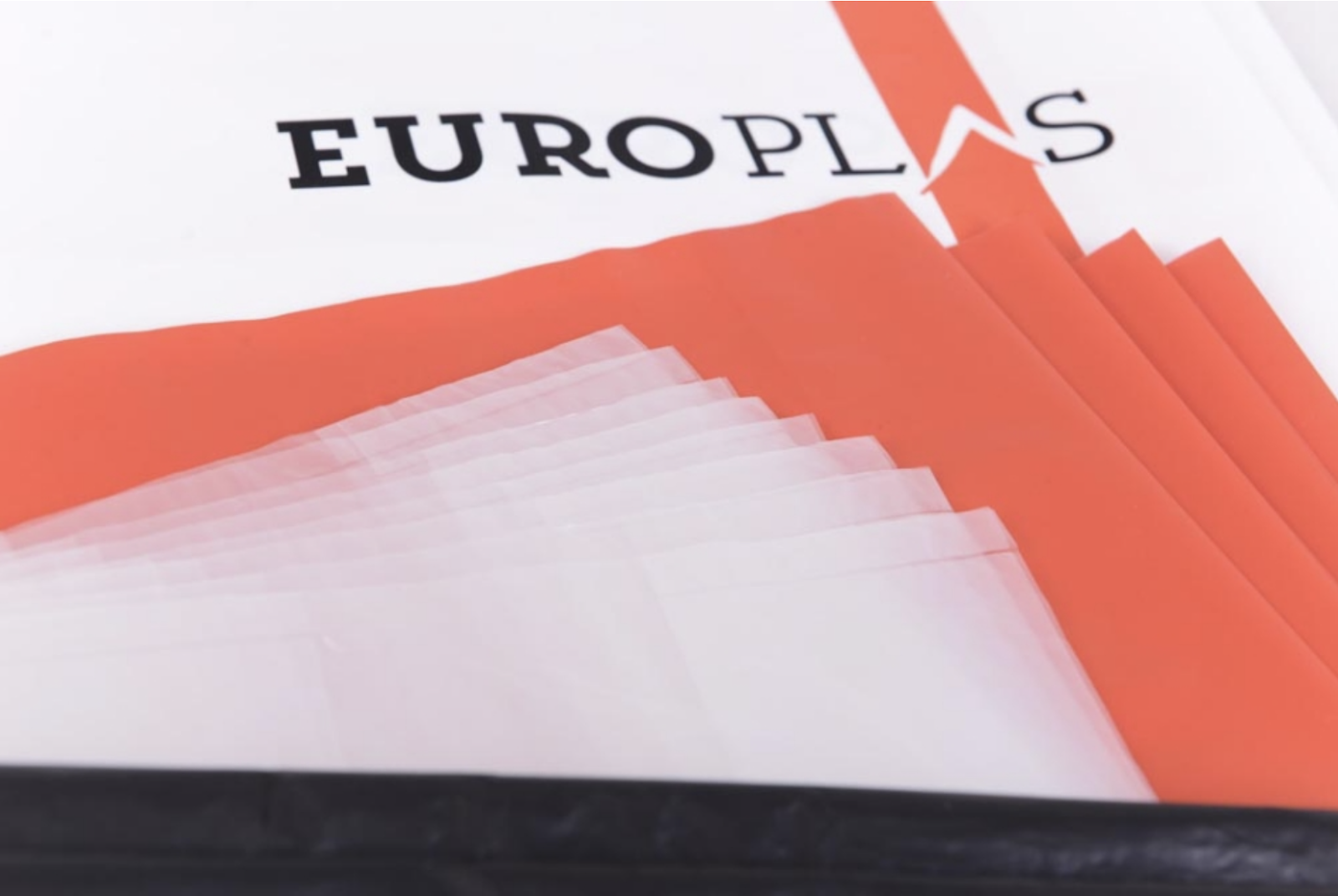
Taical is commonly used in the production of industrial plastic products that require high durability. Specifically:
- Automotive components: Taical increases the hardness and impact resistance of plastic parts in cars such as dashboards, interior panels, and under-the-hood components.
- Electronic devices: In the production of computer cases, phones, and other electronic devices, taical improves durability and abrasion resistance.
- PVC pipes and fittings: Taical increases the hardness and durability of these products, enabling them to withstand high pressure and harsh environmental conditions.
3.2. Textile and Fiber Industry
In the textile industry, taical is applied to:
- Geotextiles: In the production of plastic fabrics used in construction and agriculture, taical enhances durability and UV resistance.
- Plastic fiber production: Taical improves the durability and abrasion resistance of plastic fibers such as polyester.
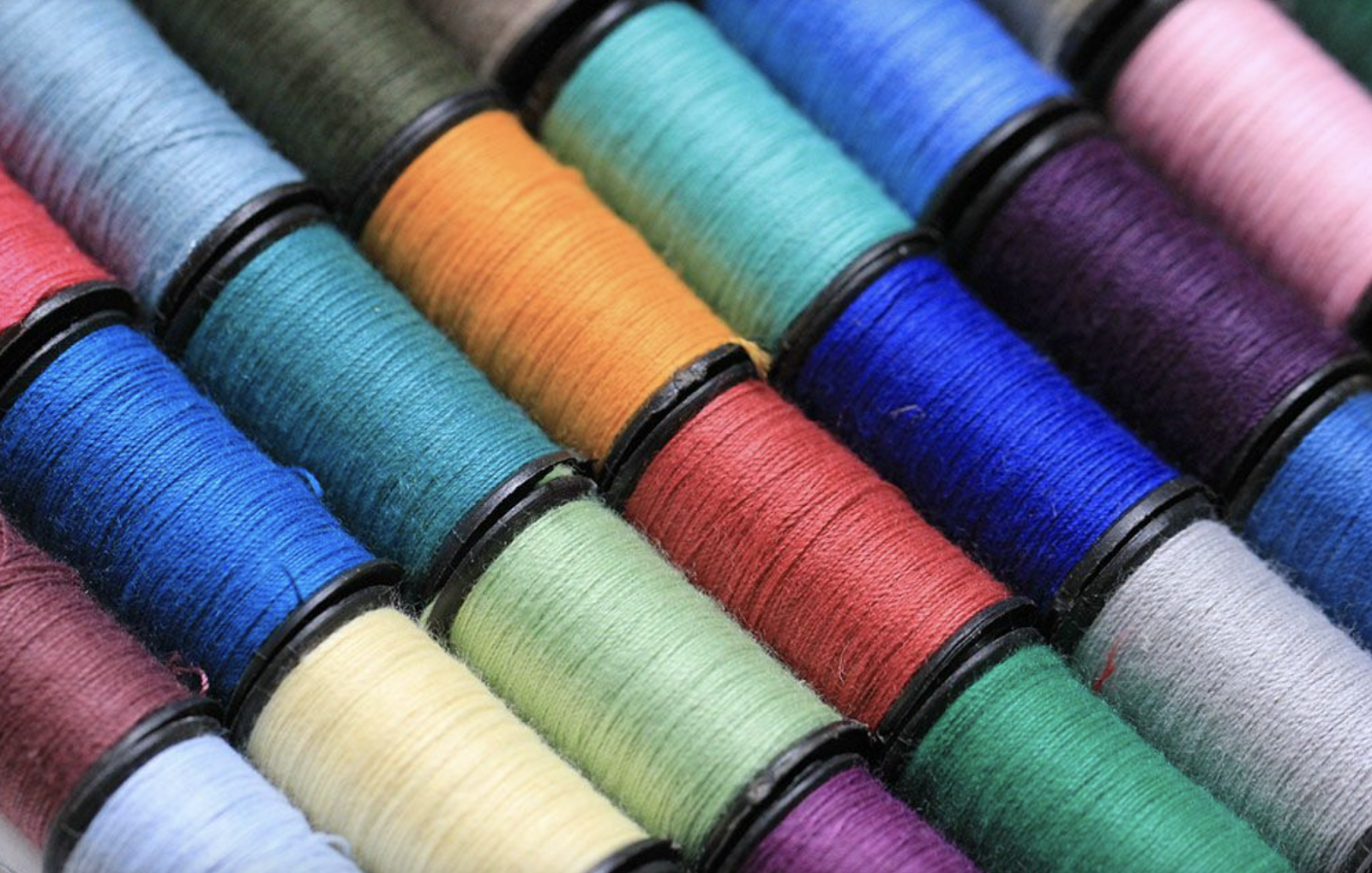
3.3. Paint and Coating Industry
In the paint and coating industry, taical is used as a filler and gloss enhancer. It improves adhesion, abrasion resistance, and color fastness of paints and coatings. Particularly in outdoor applications, paints containing taical offer better resistance to UV radiation and other weather elements.
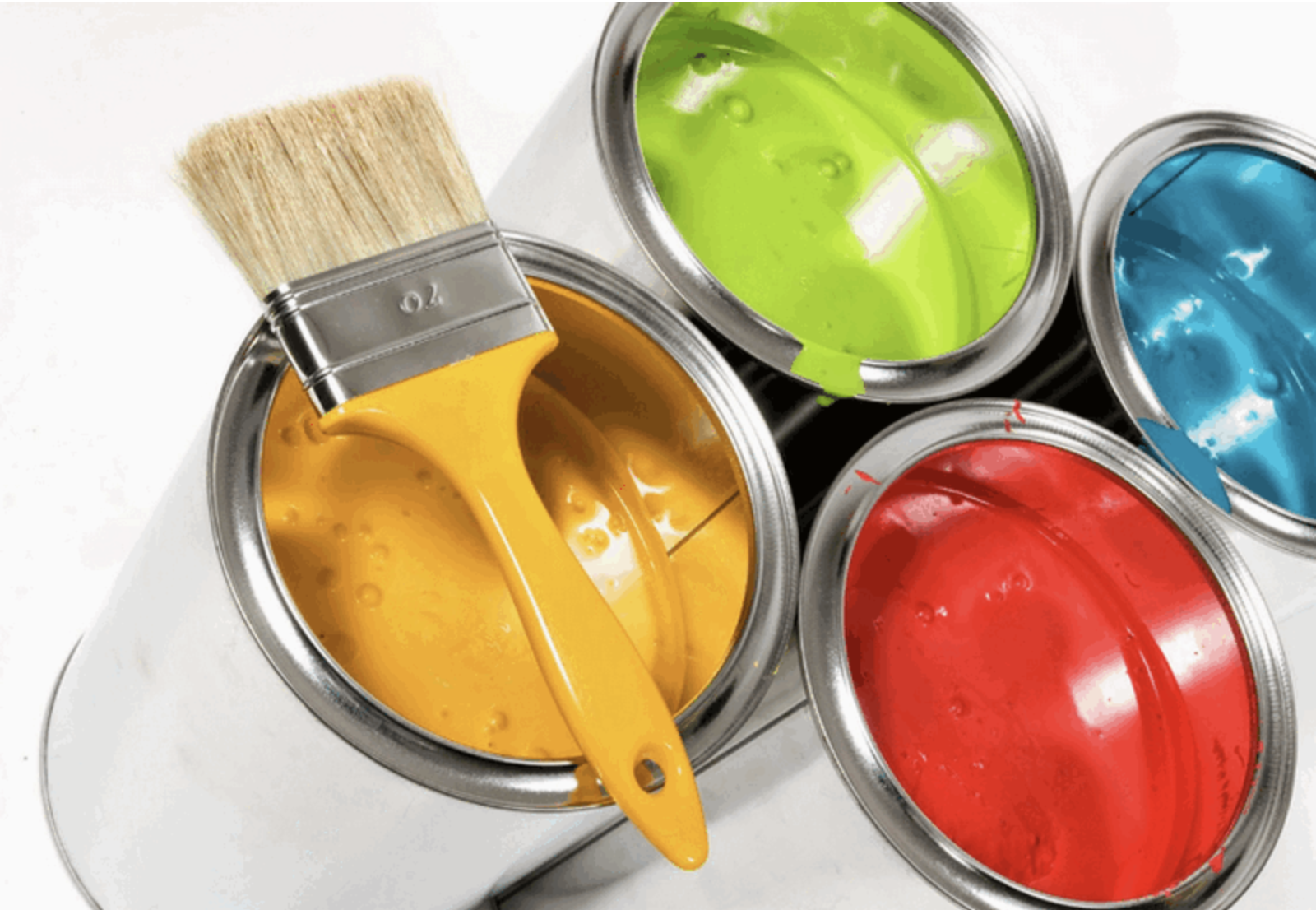
3.4. Construction Materials Industry
In the construction materials industry, taical is applied to:
- Construction pipes: Adding taical increases the hardness and pressure resistance of PVC and HDPE pipes used in construction.
- Roofing panels: Taical enhances UV resistance and weather durability of roofing sheets.
- Plastic doors and windows: Taical improves durability and resistance to thermal deformation.
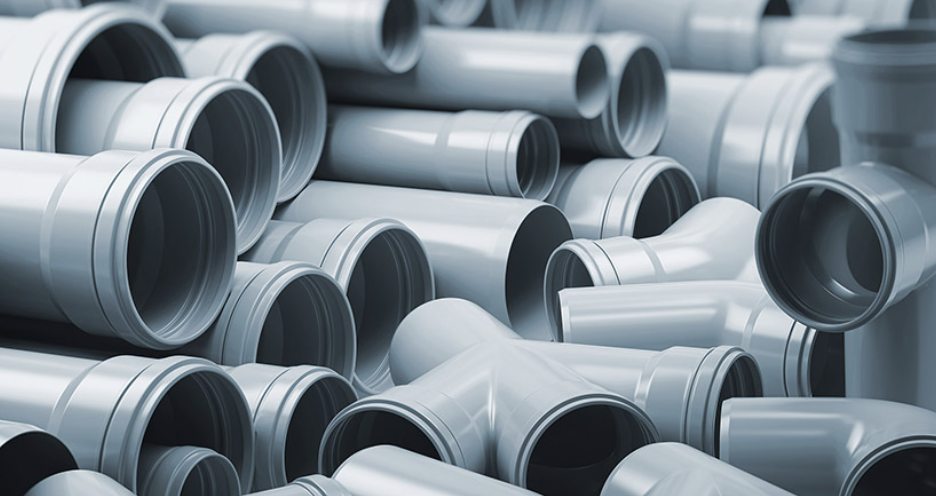
3.5. Packaging and Household Goods Industry
In this sector, taical plays a significant role:
- Household goods: From food containers to kitchenware, taical enhances durability and heat resistance.
- Cosmetic packaging: Taical improves the aesthetics and gloss of high-end packaging products.
- Food packaging: Taical enhances the durability and leakproofness of various packaging and food bags.
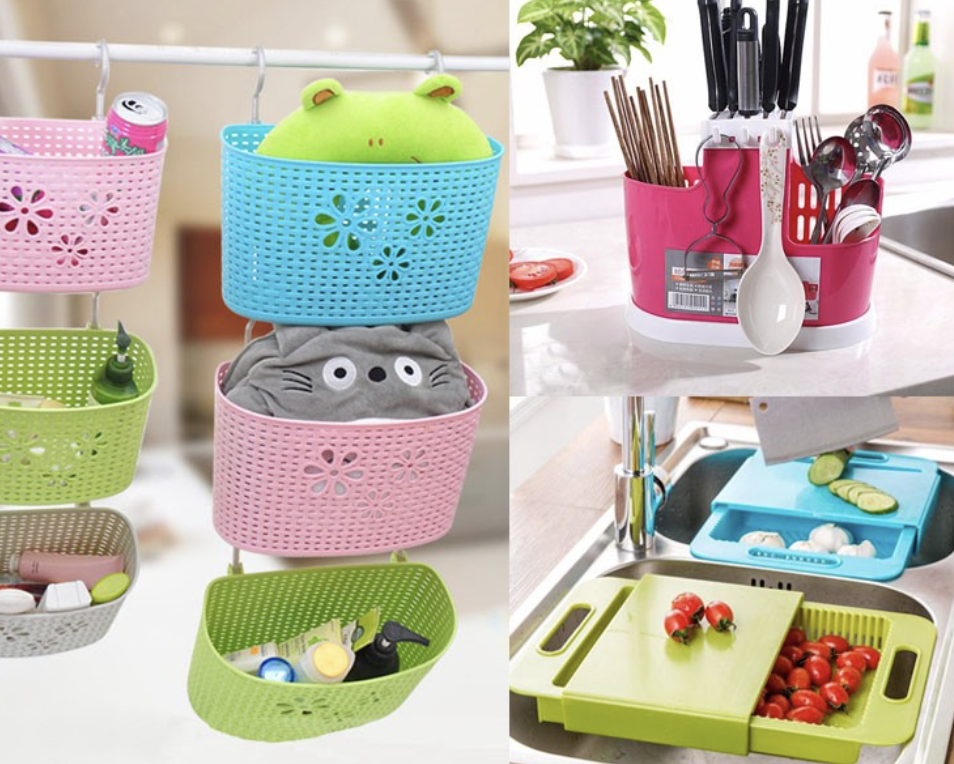
3.6. Electrical and Electronic Components Industry
In the electrical and electronic components industry, taical plays a crucial role in:
- Cable sheathing: Adding taical to the sheathing increases durability and abrasion resistance.
- Electronic components: In the production of plastic components for electronic devices, taical improves insulation and heat dissipation.
- Electrical sockets and switches: Taical enhances insulation and flame retardancy.

3.7. Application in Recycled Plastics
Taical is increasingly used in the recycled plastics sector, specifically to:
- Improve the quality of recycled plastics: Taical enhances the mechanical properties of recycled plastics, making them competitive with virgin plastics.
- Produce products from recycled plastics: From park benches to household products, taical improves the durability and aesthetics of products made from recycled plastics.
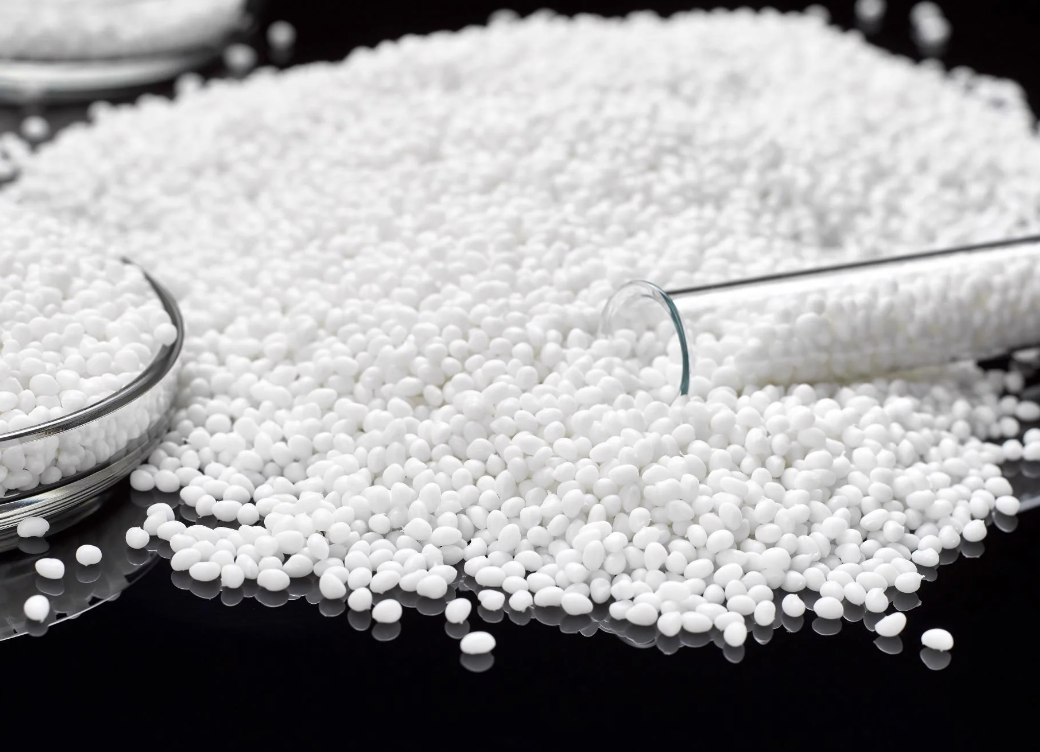
In conclusion, taical has a wide range of applications in the plastics industry. From improving the mechanical properties of plastic products to enhancing insulation and aesthetics, taical plays a crucial role in improving the quality and diversifying plastic products. With the trend towards sustainable development, the application of taical in recycled plastic production is opening up new opportunities for the industry. This not only reduces environmental impact but also creates new opportunities for the effective reuse and recycling of plastics.
4. Conclusion
Taical has proven to be a crucial component in the plastics industry, offering diverse and effective applications. From enhancing the mechanical properties of plastic products to optimizing production processes, taical provides significant benefits to manufacturers. Its ability to improve aesthetics, enhance electrical insulation, and provide flame retardancy has expanded the application range of plastics in various industries.
With its superior advantages, taical is and will continue to be an indispensable ingredient in the plastics industry. Manufacturers should consider integrating taical into their production processes to maximize the benefits of this mineral. Particularly in the context of the plastics industry's shift towards sustainable development, taical's role in improving the quality of recycled plastics is becoming increasingly important. This not only minimizes environmental impact but also opens up new opportunities for efficient reuse and recycling of plastics.
5. EuroPlas' Filler Masterbatch Products
EuroPlas stands out as a leading global supplier. As a pioneer in providing comprehensive solutions for the plastics industry, EuroPlas proudly asserts its position as a world leader in filler masterbatch. EuroPlas filler masterbatch codes included:
EuroPlas offers more than just products; it provides customers with unique and optimized plastic material solutions. The company's team of experienced experts is always ready to assist customers in selecting and applying filler masterbatch products, including those containing taical, to achieve the highest efficiency in production. EuroPlas' commitment to customer satisfaction is reflected in its superior product quality and professional consulting services. The company continuously researches and develops new filler masterbatch products, including those containing taical, to meet the ever-increasing demands of the market.
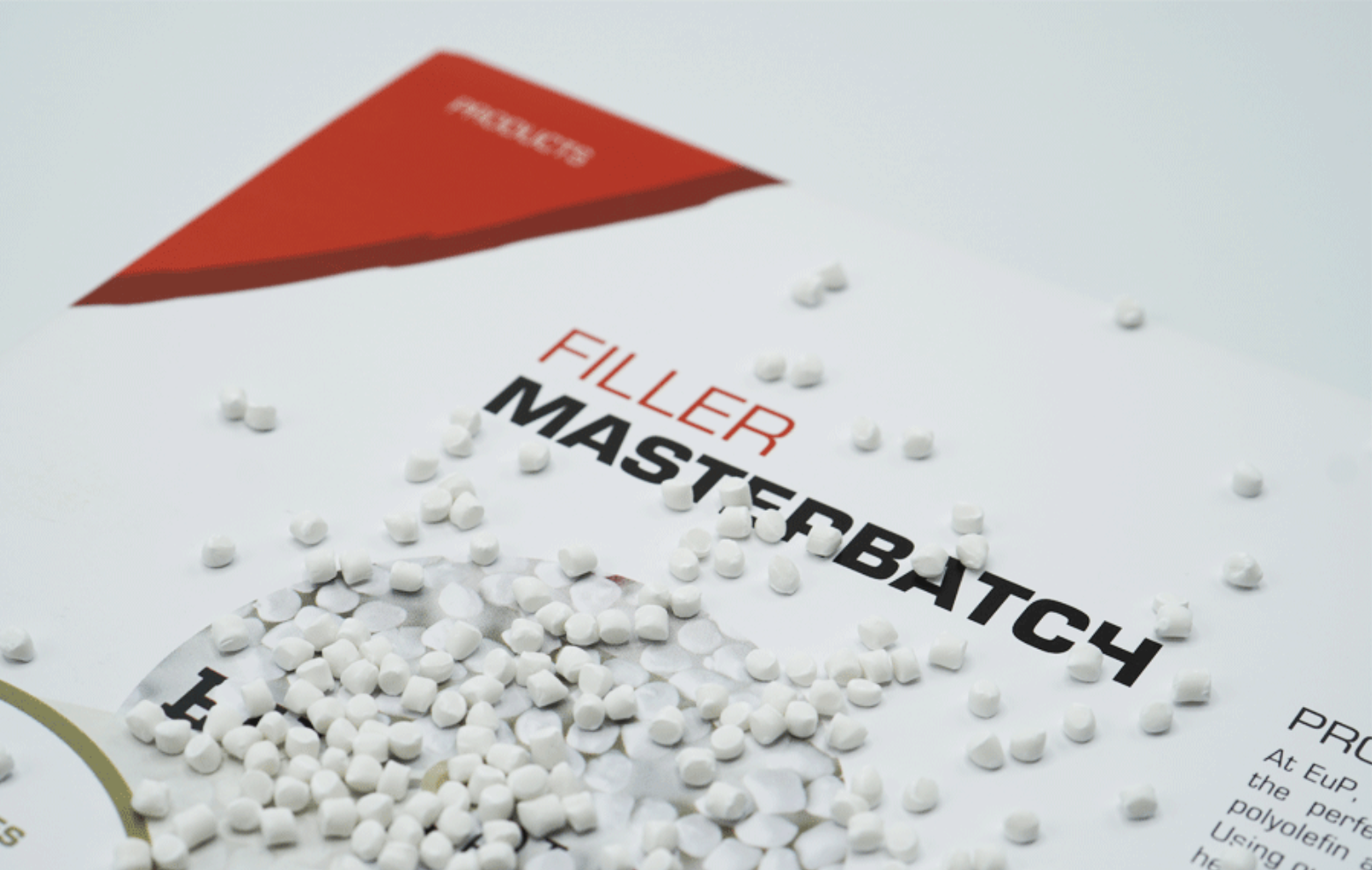
If you are seeking material solutions for plastic extrusion, especially filler masterbatch products containing taical, EuroPlas is the ideal partner for you. With extensive experience and a deep understanding of taical's applications in the plastics industry, EuroPlas can provide expert advice and optimal solutions for your business.
For quick and accurate advice, please leave your information via the form or contact us through the information on the website. EuroPlas experts will contact you as soon as possible to provide detailed information on filler masterbatch products, especially those containing taical, and offer suggestions tailored to your specific business needs.